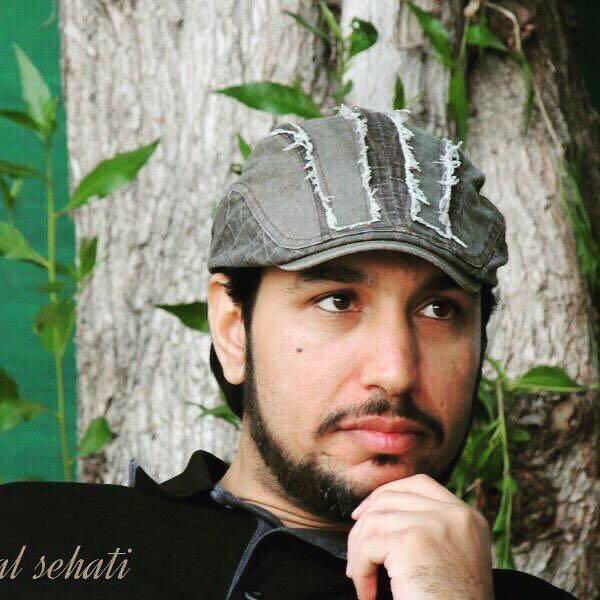
Fifty-six months after his arrest, a judge in the Kingdom of Saudi Arabia continues to delay the case of prisoner Ali Ahmed Awayshir and his co-defendants, Mousa al-Hashim, Ahmed al-Matroud, and Khalid al-Ghanim. All four face the death sentenceas requestedby the Public Prosecutor’s office in August 2018.
The delay in the case and the postponement of the sentencing has increased the suffering of the prisoners. In addition to the abuses Awayshir suffered during the period of detention and trial, his psychological suffering has intensified with the death of his father, Abdullah Awayshir on 4 May 2020, when Awayshir was not permitted to leave prison to visit his deathbed and receive condolences.
Awayshir, born on 18 July 1977, was arrested on 13 September 2015, at the Dammam airport, in front of his family and without an arrest warrant. Along with five other detainees, he was booked on a vague charge under the terrorism law.
During detention, Awayshir suffered physical and psychological torture. During a 100-day period in solitary confinement, the interrogators verbally assaulted him and threatened to torture him to death by arresting his children and family and by killing him under torture. He was also physically tortured—flogged,beaten, andforced to raise his shackled handsfor hours until he fainted—with the goal of forcing him to sign confessions.
Awayshir communicated with his family on 24 December 2015, eleven days after his arrest, after which he was unable to contact the outside world again until after he was released from solitary confinement.
Awayshir was not able to appoint an attorney until the beginning of the trial. The first hearing in his case was held in August 2018, 33 months after his arrest. The Public Prosecutor’s office filed multiple charges against him, including:
- Participating in the establishment of a terrorist entity with the goal ofcreating chaos, turmoil, and rioting, participating in marches and gatherings in Qatif, chanting anti-state slogans, and traveling to Iran.
- Traveling to Turkey with the support and guidance of a wanted individual.
- Financing terrorism and terrorist acts by receiving a sum of money from a wanted individual.
- Providing moral support to those inciting riots and sedition by participating in the funeral of several victims of security clashes.
- Attempting to flee the Kingdom for fear of being discovered.
- Preparing and storing what might harm public order by creating a Facebook identity and using it to incite young people to demonstrate and join a media cell.
Even though the charges Awayshir faces are not among the most serious crimes in international law, and despite the violations involved in his case from his arrest to his trial 33 months later, the Public Prosecutor’s office requested a ta’zir [discretionary] penalty against him and the four others defendants in the case, Mousa al-Hashim, Ahmed al-Matroud, Khalid al-Ghanim, and Israa al-Ghomgham.
In January 2019, reports confirmed that the Public Prosecution changed its request for the female defendant in the same case from the death penalty to imprisonment. Although they are charged with crimes similar to those she faced, the Public Prosecution continued to request the death penalty for Awayshir and the other three remaining defendants. The international human rights lawyer, Oliver Windridge, had previously confirmed in a brief memo that the indictments against human rights advocate Israa al-Ghomgham and her five co-defendants were a violation of international human rights law.
ESOHR emphasizes that Awayshir’s case points to the Saudi government’s violation of international laws and its use of the death penalty in a retaliatory and political fashion, without complying with the basic standards of fair trials. ESOHR stresses that the sole remedy is to release Awayshir and the other defendants and to investigate the abuses they suffered. If they are tried, it must be in compliance with the conditions and standards of fair trials.
